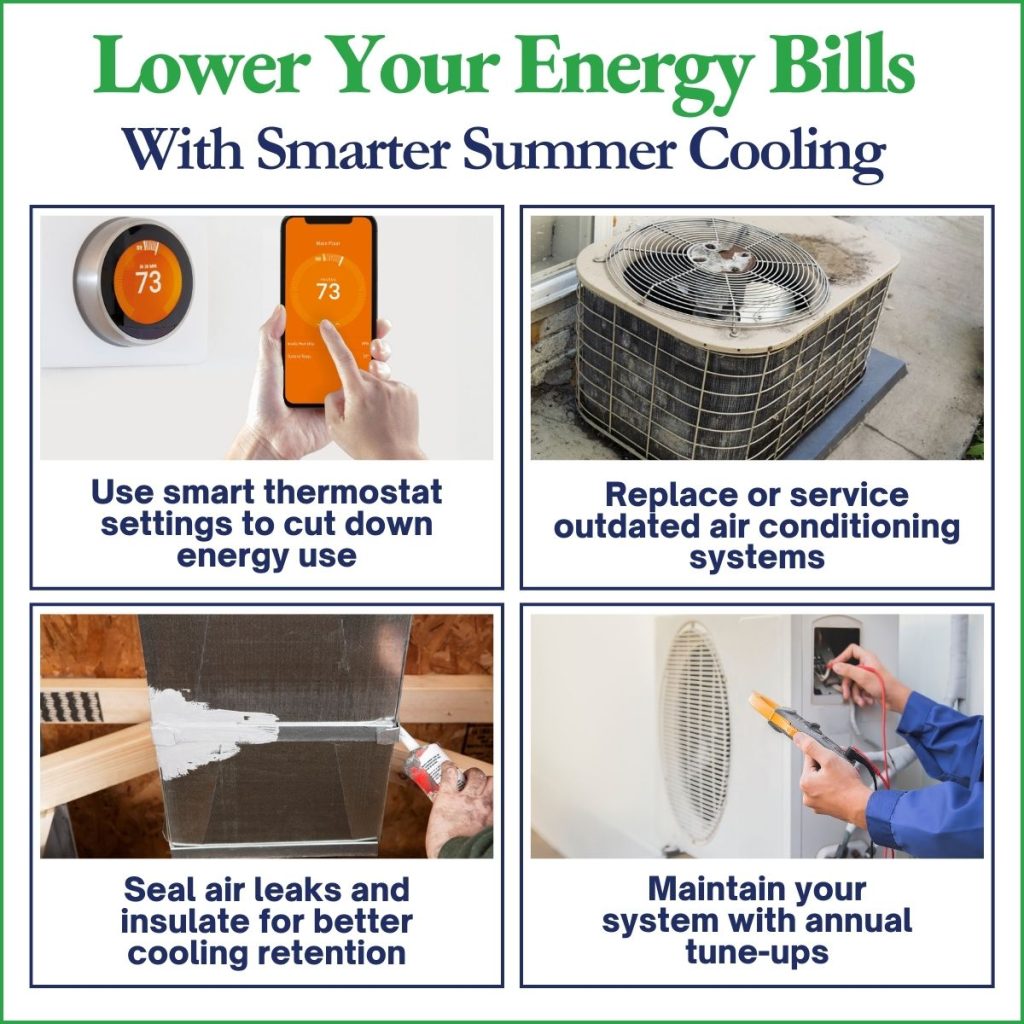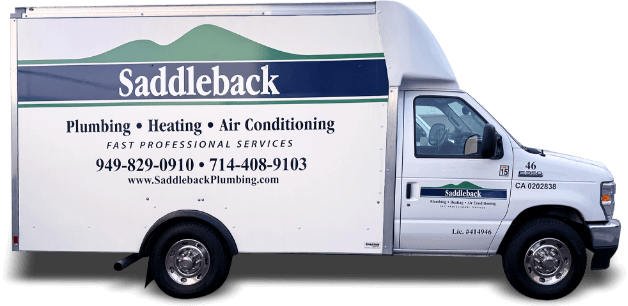
Energy consumption can spike during the warmer months—especially in inland areas like Anaheim and Irvine where summer temperatures often soar well above coastal averages. Air conditioning is a lifeline for comfort during these hotter days.
Yet it also becomes one of the most significant contributors to your utility bills. Understanding what factors affect your AC energy usage and learning how to improve your system’s efficiency can help you stay comfortable and save money all season long.

Factors Affecting AC Energy Usage
Several key factors influence how much energy your air conditioner uses—and knowing what they are can help you make smarter decisions about your cooling strategy.
1. Climate & Weather
While Orange County is known for its relatively mild coastal climate, inland cities experience intense summer heat. As temperatures and humidity rise, your air conditioning system must work harder and longer to maintain your preferred indoor temperature. This increases electricity usage, especially during prolonged heatwaves.
2. Home Size & Insulation
The larger your home, the more air there is to cool. And if your home lacks proper insulation or has air leaks, your AC system must work overtime to maintain your desired comfort level. Older homes in particular may not have modern sealing or insulation, leading to inefficient cooling and energy waste.
3. AC System Type & Age
Not all air conditioners are created equal. Central AC systems typically consume more energy than ductless mini-splits or window units. Additionally, systems that are 10 years or older are significantly less efficient than newer models—especially those rated with SEER 16+ or the ENERGY STAR label.
4. Thermostat Settings
A lower thermostat setting doesn’t cool your home faster; it just makes your AC run longer. For every degree below 78°F you set your thermostat, your energy consumption rises by 6–8%. Southern California Edison recommends setting your thermostat to 78°F when you’re home and 85°F when you’re away to maximize savings.
5. Usage Patterns
Leaving your AC running all day without adjustments can lead to high utility bills. Keeping windows or doors open while the system is running allows cool air to escape and warm air to enter, forcing your system to work harder than necessary.
6. Ductwork Condition
Leaky or poorly insulated ducts can waste up to 30% of your cooled air. Ensuring your ductwork is properly sealed and insulated is critical for system performance and energy efficiency.
Tips for Improving AC Efficiency
Making small changes to how you use your AC system can result in significant savings over the course of a single summer.
- Use a smart thermostat – Having a programmable or smart thermostat to manage temperatures automatically. Stick to 78°F when at home and raise it to 85°F when you’re out. This approach maintains comfort while reducing unnecessary energy use.
- Seal and insulate your home – Weatherstrip doors and windows to keep cool air in. If your attic lacks sufficient insulation, consider adding more—this can make a big difference in energy retention.
- Maintain your AC system – Dirty filters, blocked vents, and dusty coils all reduce your system’s efficiency. Replace filters every 1–3 months and schedule a professional AC tune-up once a year to keep everything running smoothly.
- Use ceiling fans – Fans don’t cool the air but make you feel cooler by circulating it. When used with your AC, you can often raise your thermostat by 2–4°F without sacrificing comfort.
Contact Saddleback Plumbing Heating & Air for fast, professional HVAC service. We have served Orange County since 1981.











